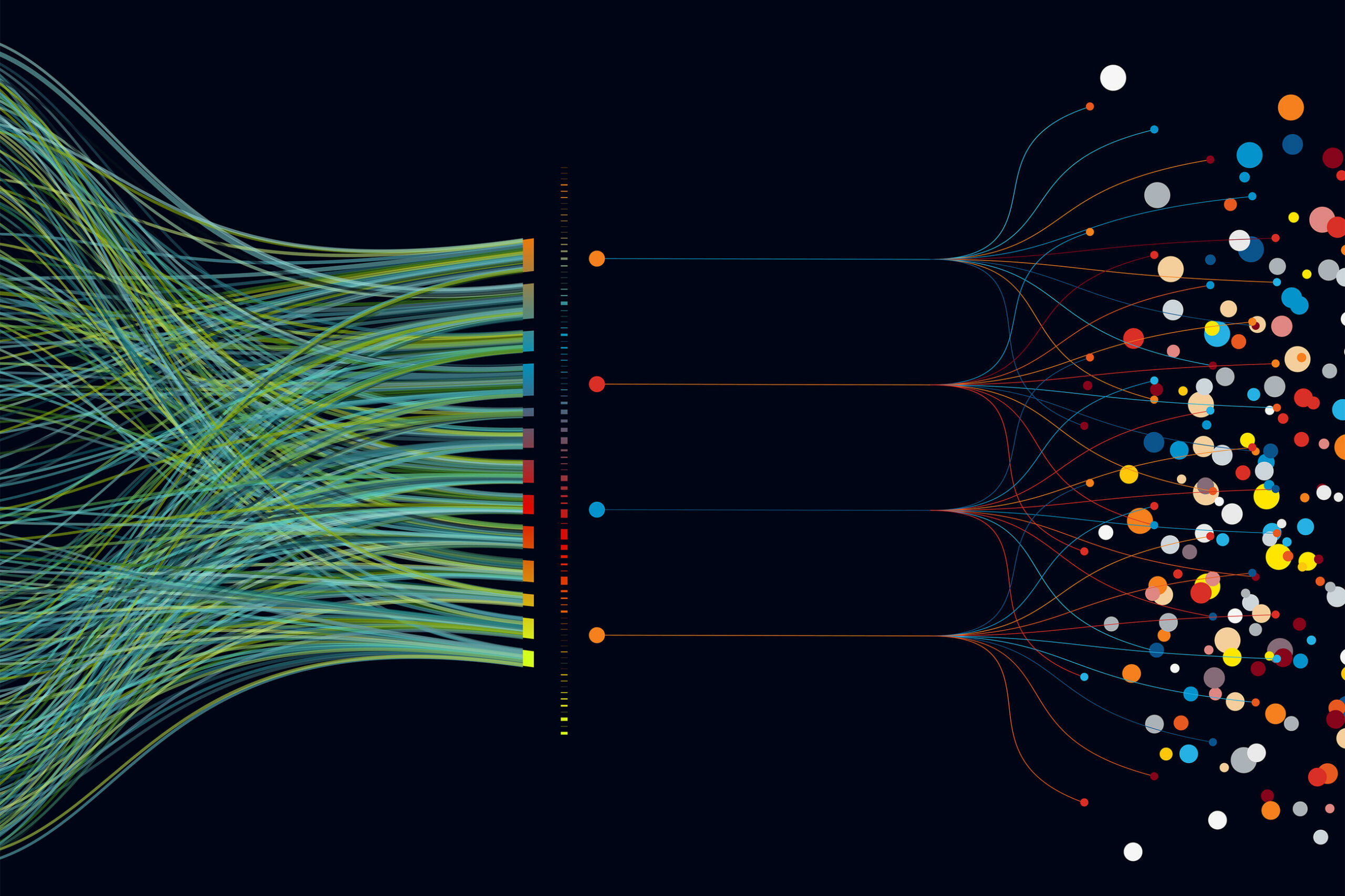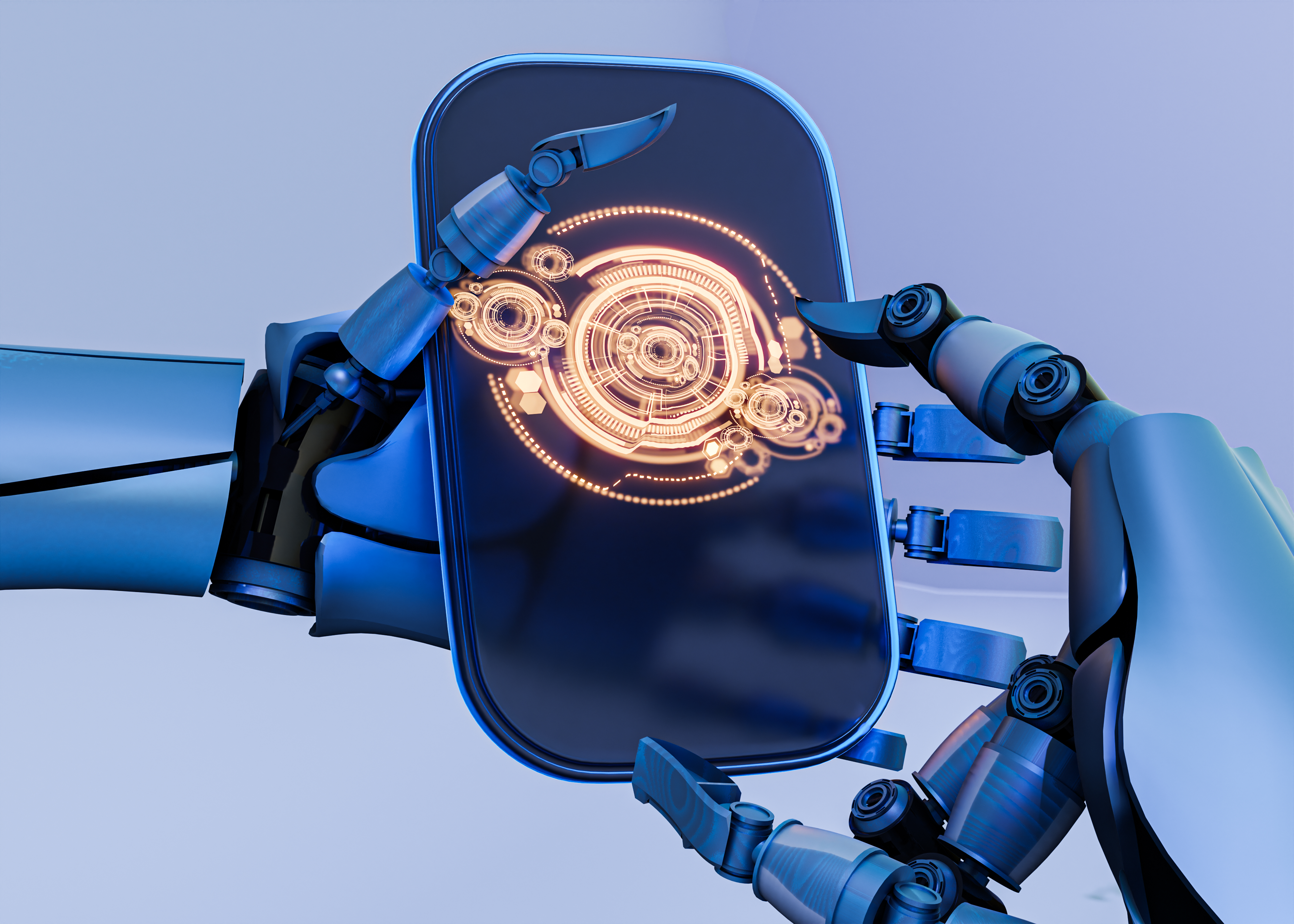
The Future of AI and Its Impact on Businesses
In recent years, Artificial Intelligence (AI) has emerged as a game-changer across various industries. Its transformative capabilities have revolutionized the way businesses operate, paving the way for increased efficiency, improved decision-making, and enhanced customer experiences. In this blog post, we will explore the current and future trends of AI and its profound impact on businesses. We will delve into real-world use cases, highlight the benefits and challenges of AI adoption, and provide insights on how companies can prepare themselves to harness the full potential of this disruptive technology. So, let’s dive in!
AI Trends Shaping the Future

Photo credits by Freepik.
The field of AI is evolving at an unprecedented pace, with several key trends that are shaping its future. These trends include:
a) Machine Learning and Deep Learning: Machine learning algorithms and deep neural networks are enabling AI systems to learn from data and make accurate predictions, revolutionizing tasks such as image recognition, natural language processing, and recommendation systems.
b) Internet of Things (IoT) Integration: The integration of AI with IoT devices is unlocking opportunities for real-time data analysis, predictive maintenance, and autonomous decision-making, leading to improved operational efficiency and cost savings.
c) Natural Language Processing (NLP): NLP techniques are enabling AI systems to understand and generate human language, facilitating advancements in chatbots, virtual assistants, and automated customer support.
d) Explainable AI: As AI becomes more pervasive, the need for transparency and interpretability has grown. Explainable AI techniques aim to provide insights into the decision-making process of AI models, enhancing trust and accountability.
Real-World Use Cases
The profound influence of AI spans a wide array of industries, exemplified by its transformative potential in various sectors:
In healthcare, AI is driving a revolution in diagnostics, drug discovery, and personalized medicine. Cutting-edge machine learning models excel in analyzing medical images, detecting anomalies with unparalleled accuracy. Simultaneously, AI-powered chatbots are assuming pivotal roles in patient triage and the provision of essential medical advice.
The financial domain is experiencing a paradigm shift with AI algorithms at the helm of fraud detection, algorithmic trading, and risk assessment. Chatbots and virtual assistants, enriched by AI capabilities, are reshaping customer interactions by offering personalized recommendations and streamlining intricate banking processes.
Retail is undergoing a fundamental change propelled by AI, as evident in personalized shopping experiences, dynamic pricing strategies, and accurate demand prediction. Recommendation systems dissect customer behaviors, enabling finely tailored product suggestions. Moreover, the integration of computer vision and sensor technologies in cashier-less stores is redefining the checkout experience.
Manufacturing is embracing AI-driven automation and predictive maintenance, fundamentally altering traditional production processes. Robots, empowered by computer vision, are equipped to promptly identify defects in real time. In parallel, predictive maintenance algorithms optimize equipment uptime and mitigate the financial impact of downtime.
Benefits and Challenges of AI Adoption
The adoption of AI offers numerous benefits for businesses, such as increased efficiency through task automation, streamlined processes, and improved productivity. AI’s ability to process vast data sets and generate actionable insights enhances decision-making, providing a competitive edge. Additionally, AI-powered personalized recommendations, chatbots, and virtual assistants enhance customer experiences, providing relevant support and boosting satisfaction.
However, challenges also need addressing, including data privacy and ethics concerns. Maintaining compliance with regulations and prioritizing data privacy are essential for customer trust. Moreover, bridging the skill gap and transforming the workforce are vital for successful AI implementation. Companies must invest in upskilling employees and fostering continuous learning.
To prepare for an AI-powered future, businesses can consider strategies like identifying relevant use cases for AI adoption, building robust data infrastructure, and fostering collaboration with AI experts like BIX Tech to create tailored solutions aligned with business goals. Collaboration can leverage expertise, expedite implementation, and mitigate risks.
Closing statement
The future of AI is promising, with far-reaching implications for businesses across industries. As AI continues to advance, it is crucial for companies to stay ahead of the curve by embracing this transformative technology. By leveraging the power of AI, businesses can unlock new opportunities, optimize operations, and deliver exceptional customer experiences. To embark on your AI journey and discover how BIX Tech can help you develop cutting-edge AI solutions tailored to your needs, contact us today.
Ready to unlock the potential of AI for your business? Schedule a call with our team to explore how BIX Tech’s expertise in software development, data engineering, and AI can revolutionize your operations. Let’s shape the future together!
Don't miss any of our content
Sign up for our newsletter
Our Social Media
Most Popular

Didn’t find what you were looking for?
Get in touch with our team (786) 558-1665 or send an email to [email protected]. If you prefer, click here and schedule an appointment.







